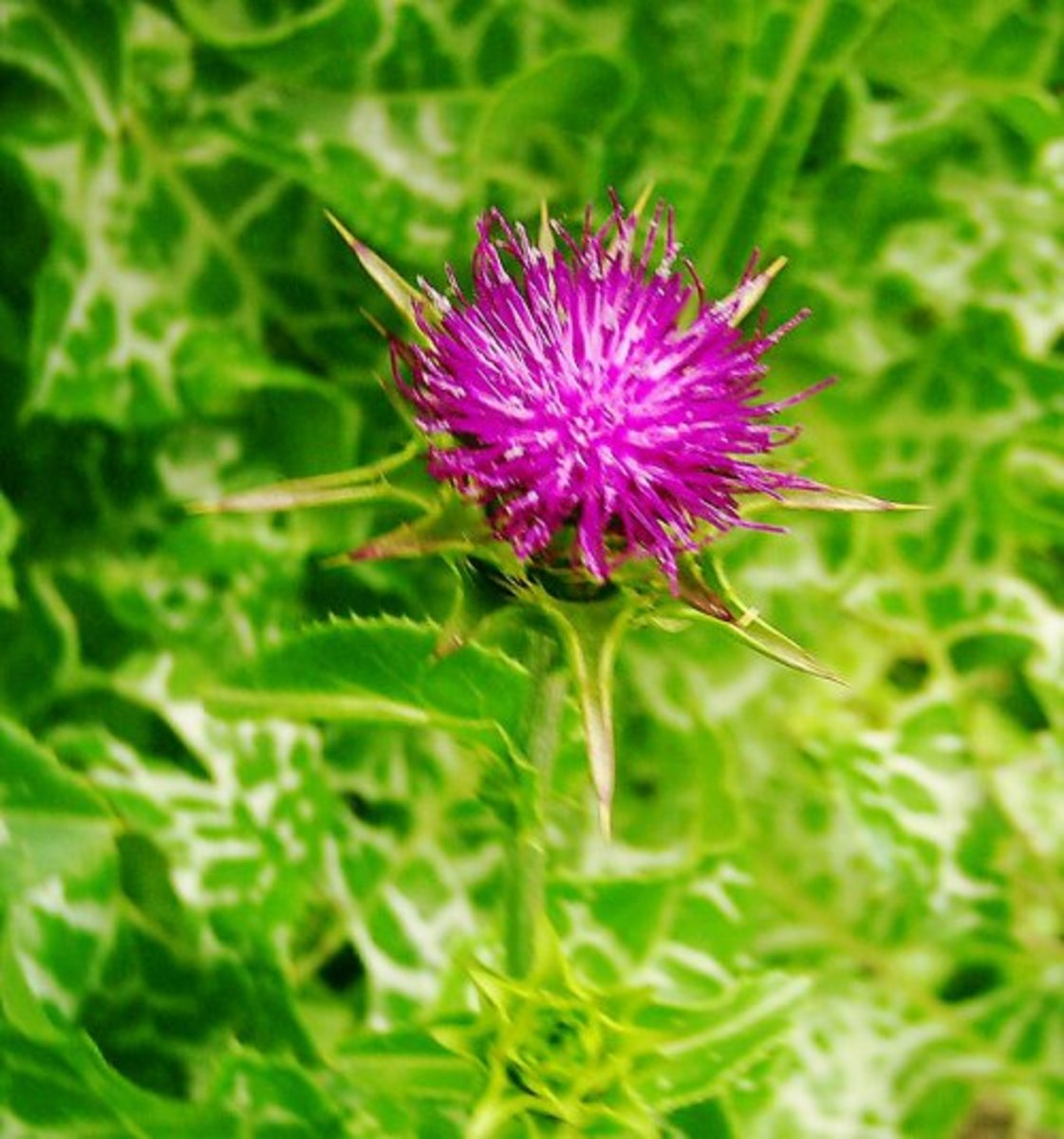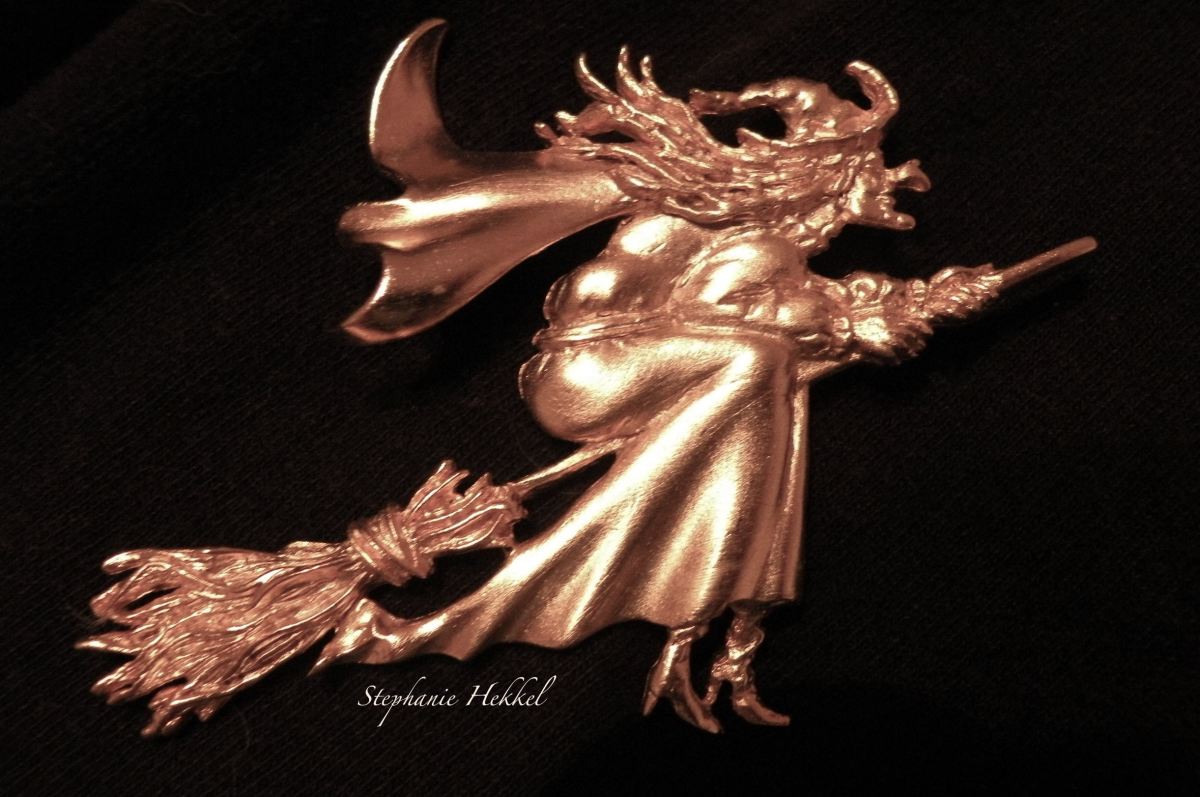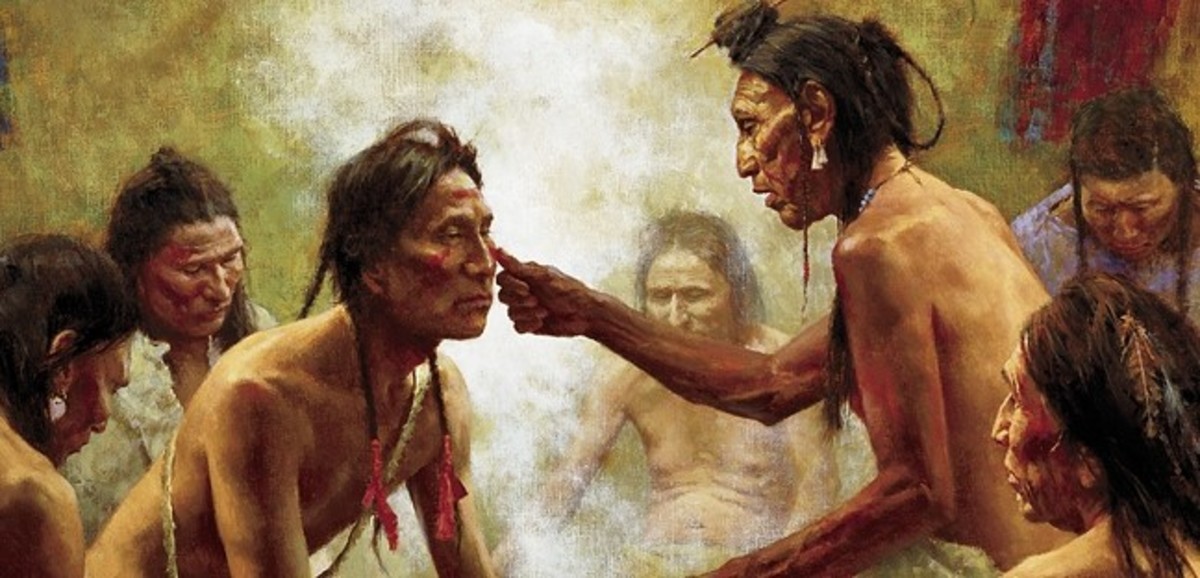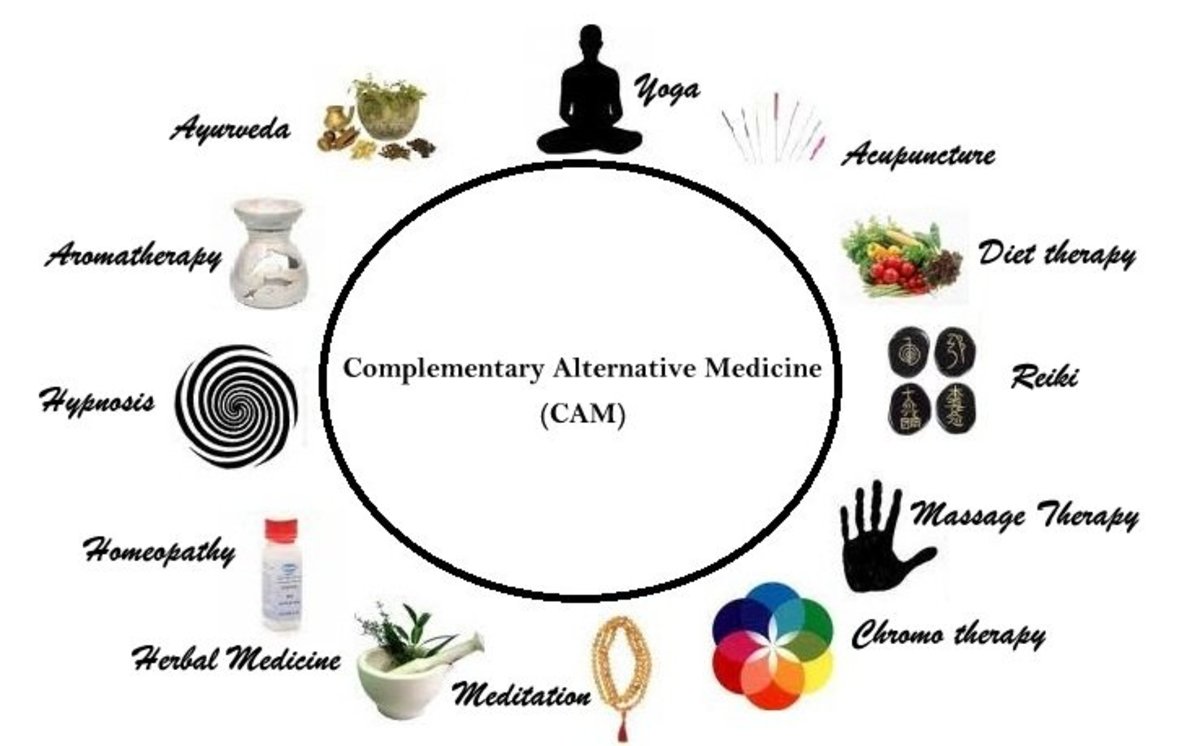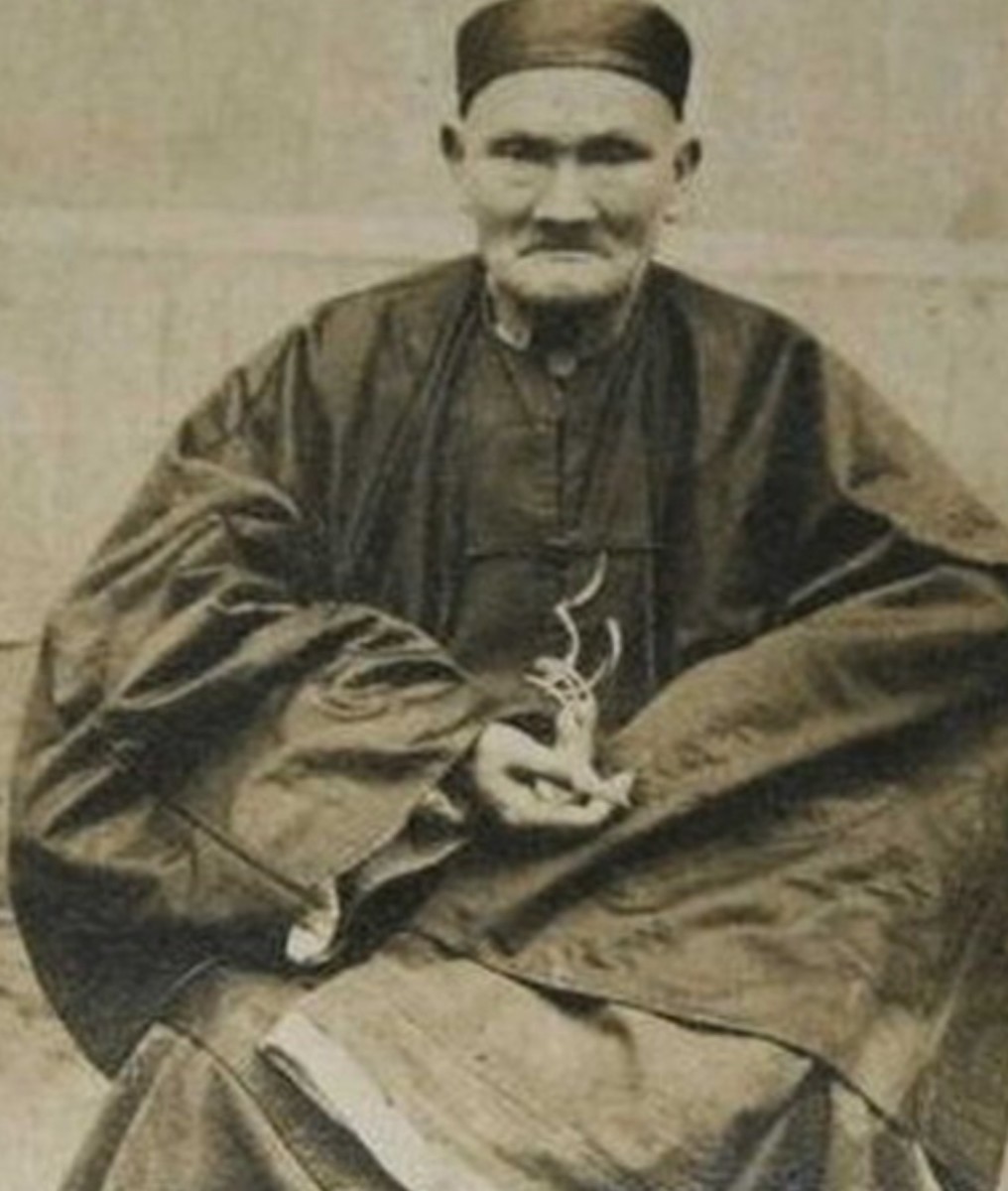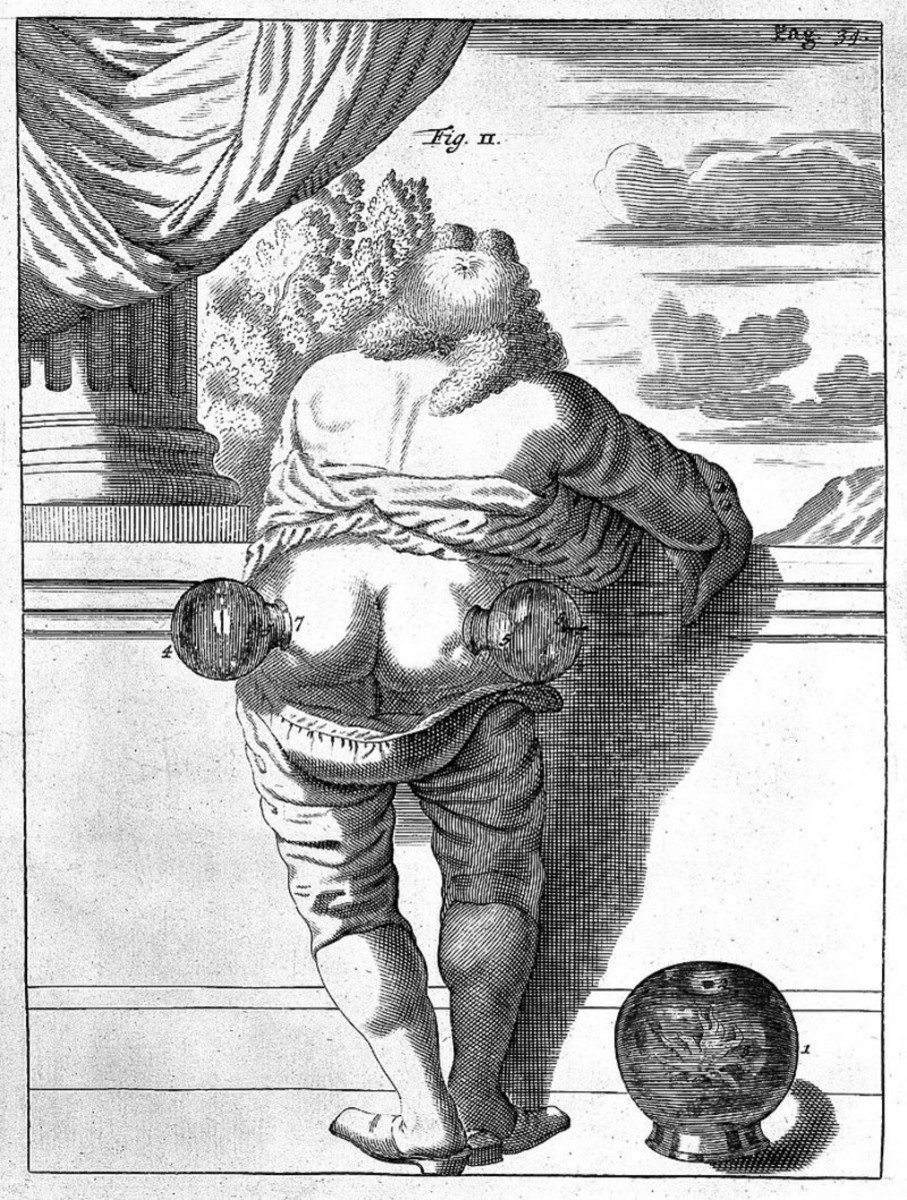Garlic Medicinal Fact and Folklore
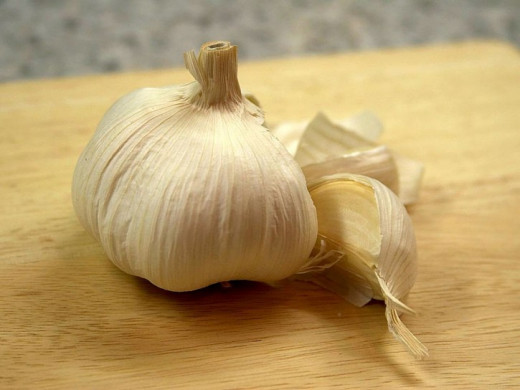
Garlic (Allium sativum) deserves its reputation as a healthy food. It is a good source of selenium, manganese (24%) vitamins B6 (18%), C (15%), D, and E. It has a well-deserved reputation as a medicine as well. For thousands of years, garlic has been used around the world to treat many conditions, including hypertension, infections, and snakebites, and some cultures have used it to ward off evil spirits. Currently, garlic is used for reducing cholesterol levels and cardiovascular risk. It is antineoplastic and antimicrobial and treats numerous other illnesses.
Folklore and Science Converge
According to European folklore, “the evil eye” could be warded off by garlic. They believed that garlic worn around a person’s neck, hung in windows, or rubbed on keyholes and chimneys could ward off devils, vampires, and werewolves,
The most well-known garlic folklore is its association with vampires. This folklore was popularized when Bram Stoker wrote the classic gothic novel Dracula. The folklore did not originate there, however. Many theories exist concerning where this folklore originated. Many of these relate to disease. One theory associates vampires with rabies, but this theory does not explain the association with garlic in this vampire lore. Rabies sufferers fixate upon their increasingly sensitive sense of smell, but not garlic specifically. Another possible theory is that it relates to the fact that garlic is a natural mosquito repellent. Garlic has had a long history of getting rid of many insects, from slugs to mosquitoes. Garlic effectively kills ticks when applied to animal coats as well. Vampires were known to suck blood and spread diseases in the same way mosquitoes do the same. Like mosquitoes, vampires also come out only at night and the warmth of the sun seems to cause them to disappear. Some of the symptoms of malaria—exhaustion, fever, anemia, etc., are the same as the effects of a vampire biting an individual.
Garlic has been used to protect humans since the dawn of human history. Primitive people believed that before making a journey, a person should eat garlic. They believed that because it made them belch garlic breath that the garlic protected them from evil spirits. According to Sanskrit records, garlic was used medicinally 5,000 years ago, and the Chinese used garlic medicinally for at least 3,000 years. Babylonians, Egyptians, Greeks, and Romans also record using garlic as medicine.
According to Gaius Plinius Secundus (Pliny the Elder, 23 CE—79 CE), the citizens of Pelusium in Southern Egyptians worshiped garlic and onions and swore oaths on them in the same way that we swear on the Bible today. Egyptian masters gave their slaves daily garlic rations to chase away illness and build strength and endurance. Garlic was highly valued. Fifteen pounds of garlic could buy a healthy male slave.
When King Tut's tomb was excavated, bulbs of garlic were found scattered throughout. The Bible tells us that around 1,200 BC Moses led the Hebrew slaves out of Egypt. These people complained that they missed several things, and garlic was on the list. Ancient Egyptian records agree, these records showed that the slaves that built the pyramids received beer flatbread, raw garlic, and onions for their rations. When they threatened to abandon their work, the slaves received more garlic. This garlic supply to these builders cost the Pharaoh equal to two million today’s dollars.
Mohammed associated garlic with Satan when he described the feet of the Devil as God cast him out of the Garden of Eden. As Satan walked away from the garden, where he placed his left foot, garlic sprang up. Where he left his right foot, an onion grew. A Palestinian bridegroom wears a clove of garlic in his buttonhole to ensure a successful wedding night. Ayurveda medicine practitioners believe that garlic increases semen production and makes an excellent aphrodisiac.
Greek athletes ate a lot of garlic before competing. Greek soldiers also consumed garlic before they went into battle. Greek midwives customarily hung garlic cloves to ward off evil spirits in the room where the birth occurred. This practice spread into Europe and continued throughout the Middle Ages. Hippocrates, the father of medicine, that garlic cured infections, wounds, cancer, leprosy, and digestive disorders. Dioscorides recommended it for heart trouble. Pliny recommended it for sixty-one various ailments including the common cold and tapeworm. The Greeks placed garlic on piles of stones at crossroads as a meal for Hecate the goddess of wilderness and childbirth, and to protect the traveler from demons. This protected them not only from the spirits but helped them find their destination.
Roman soldiers also valued garlic. They used it to give them courage and to inspire them. Roman generals planted garlic in conquered countries because they believed that the courage that came from the garlic transferred to the battlefield. In the Iliad, “yellow garlic” helped Ulysses escape from Circe.
In Europe, garlic was said to have warded off the “evil eye”. Central Europeans believed that garlic was powerful against devils, werewolves, and vampires. To ward off vampires, a person must hang garlic around one's neck, hang it in windows, or rub it on chimneys and keyholes. When someone dreamed about garlic in the house, was a sign of luck. It was a sign that you would soon discover hidden secrets. In the 12th century, writer Alexander Neckam recommended garlic to relieve the symptoms of heat exhaustion and heat stroke in field workers. Garlic also made a handy mosquito repellent. An old Welsh saying says, "Eat leeks in March and garlic in May, Then the rest of the year, your doctor can play."
According to the English herbalist and botanist Nicholas Culpepper (1616-1654), garlic belongs to the planet Mars which is associated with blood. He recognized garlic as a blood purifier. In a study in Russia in 1955, therapeutic doses of garlic extract bonded with heavy metals in the body so that the body could effectively eliminate those heavy metal toxins. Russian workers suffering from chronic lead poisoning while working in industrial plants received daily doses of garlic extract. They saw a decrease in their symptoms. In Japan, similar experiments found that garlic is also bound to the toxic heavy metals-- mercury and cadmium. The results were equally successful.
In Italy, during the early 1900s, parents sent their children to school with necklaces of garlic cloves around their necks. This practice was meant to prevent the children from catching colds. This practice proved to be effective although it was not popular among the poor child who had to wear it. Poultices of garlic were applied to the stomachs to alleviate stomachaches. Italians apply poultices of garlic to alleviate stomachaches. Research has proved that garlic lowers blood pressure and cholesterol by cleansing toxins from the liver. It is an antibacterial, antibacterial, antimicrobial, and antifungal, especially when eaten raw. It has also been used to treat cattle with hoof and mouth disease.
In 1858, Pasteur noted garlic's value as an antibacterial. During World War II, garlic became known as “Russian Penicillin. The Russian army treated soldiers’ battlefield wounds with garlic. Although penicillin largely replaced garlic as an antibiotic in Russia, the war so overwhelmed the antibiotics supply that garlic was the primary antibiotic available to the soldiers on the frontlines.
Today, herbalists use garlic for numerous and varied illnesses including colds, influenza, bronchitis, coughs, high cholesterol, fever, ringworm and intestinal worms, and liver, gallbladder, and digestive problems. Reputable evidence strongly shows that garlic is highly effective in the prevention of heart disease and cancer. Studies indicate that garlic will even reduce the severity of cancer already in the body.
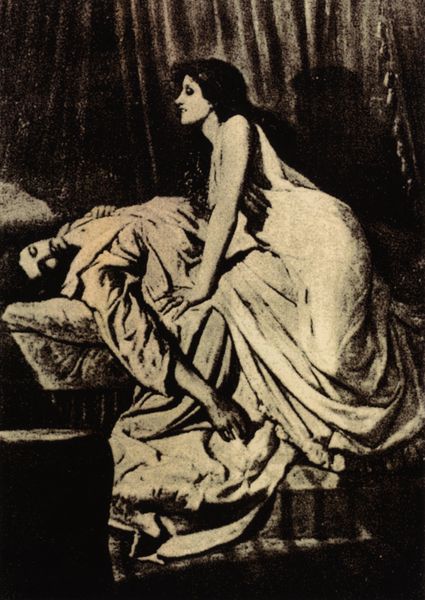
The Stinking Rose
The ancient Greek name for garlic was scorodon, which translated means "stinking rose". The strong smell emitted by the garlic is a key to this member of the onion family’s medicinal success. Recent scientific research shows that slicing, chopping, mincing, or pressing garlic before cooking enhances garlic’s health-promoting properties as well as the smell. Garlic contains a compound called alliin. Allium puts the stink in garlic. Garlic does not stink until you cut into it. By cutting into the garlic, alliin and a related enzyme called alliinase, which was kept, separated into garlic cells when the garlic is whole and unbroken, but when garlic is cut, chewed, chopped, or crushed, these cells rupture. When they do, the alliinase enzymes mix with the alliin molecule and create a new compound called allicin. Allicin can be a very valuable garlic molecule in terms of its health benefits because its intake has been associated with cardiovascular, anti-bacterial, and anti-cancer benefits. Allicin is also one of the garlic compounds that contribute to the pungent aroma and "bite" we experience from garlic. Chopping, mincing, crushing, or pressing garlic and allowing it to sit for 5-10 minutes can help provide enough time for the alliinase and alliin in garlic to interact and form allicin. Yet, not only is allicin responsible for many of Garlic's health-promoting benefits, but through its conversion to other compounds, notably diallyl disulfide, it is also responsible for much of garlic’s infamous smell.
Allicin, diallyl disulfide, and their metabolites are unstable and are affected by both time and heat. Over time, the smell of Garlic softens, reflecting that these sulfur compounds have transformed themselves into other less smelly ones. Cooking breaks down these compounds as well. This is why when cooking garlic, the smell and flavor mellows. As the allicin and diallyl disulfide break down with heat, the sugars of the garlic caramelize giving garlic a sweeter mellower taste. This is why roasted garlic is so delicious. Unfortunately, when we eliminate the pungent flavor and smell, so do the many health benefits. Cook garlic only for about fifteen minutes at most to preserve some of the health benefits of these unique sulfur compounds that provide powerful antioxidant protection against free radical damage to the DNA within a body’s cellular structure.
Personal Experience
Although I doubt that I would tie garlic around my child’s neck as Italian mothers once did, I have used garlic to treat sore throats successfully. Whenever I have a sore throat, I take a garlic clove, score it with my teeth, and suck on the clove for as long I can possibly stand to suck on it. I then give the garlic to every member of my family to suck on as well. We then stay home and away from others, for the same reason that I gave the garlic to everyone in the family. Garlic, after all has the reputation of being the “stinking rose”.
Growing Garlic in the Home Garden
- Growing Garlic in the Home Garden
Any gardener can grow garlic, and gardeners should consider garlic a staple in their gardens. Simply prepared and planted at the right time of the year, garlic will grow without problems.
This content is accurate and true to the best of the author’s knowledge and is not meant to substitute for formal and individualized advice from a qualified professional.
© 2013 Cygnet Brown

